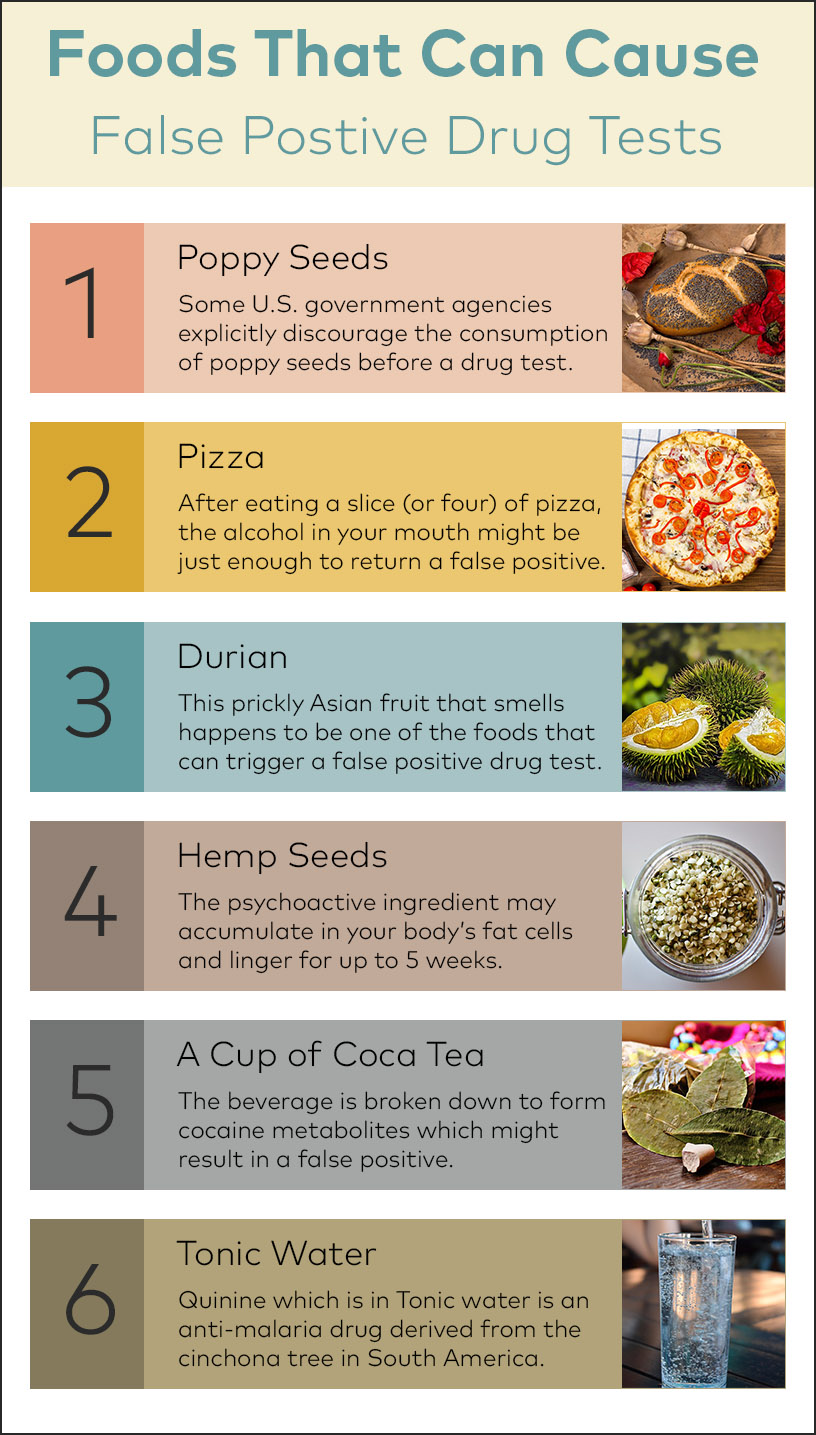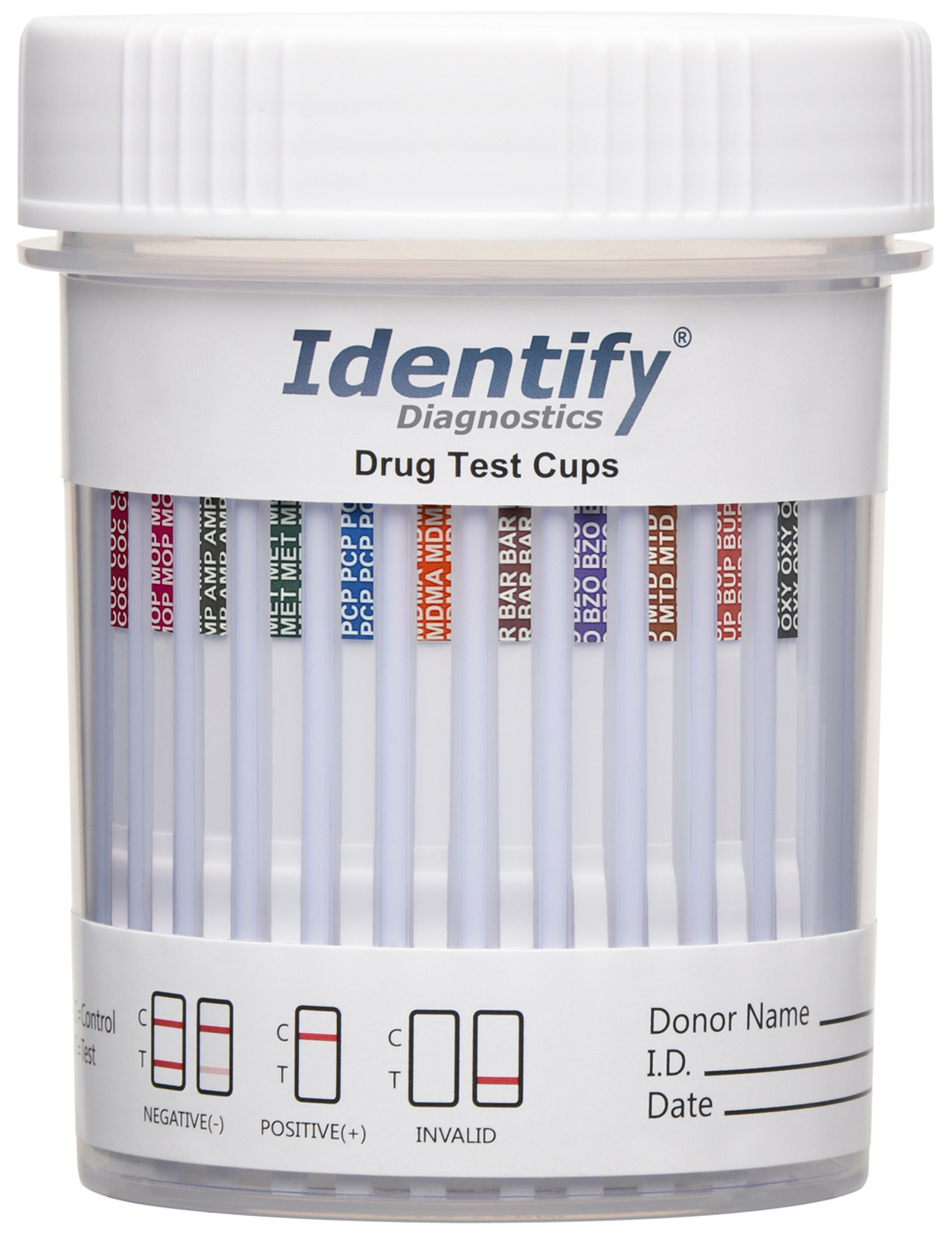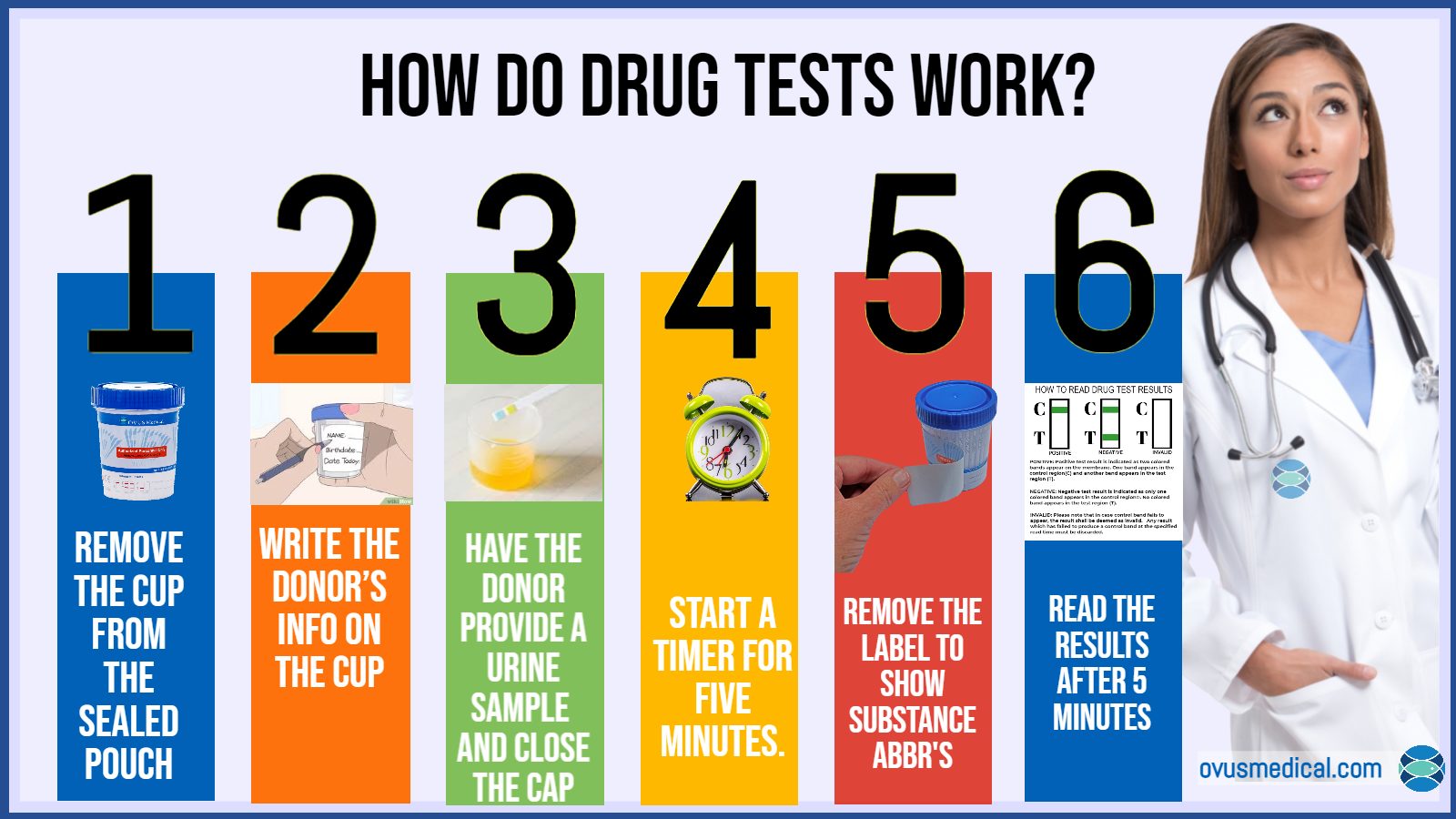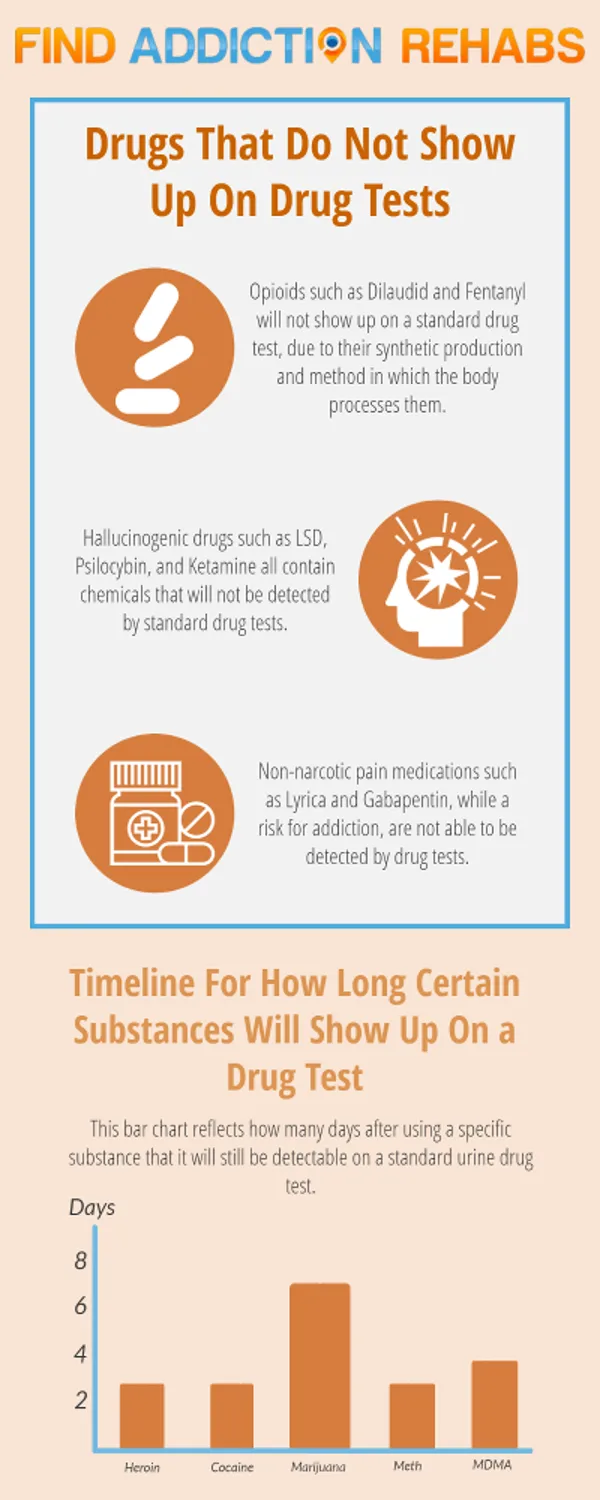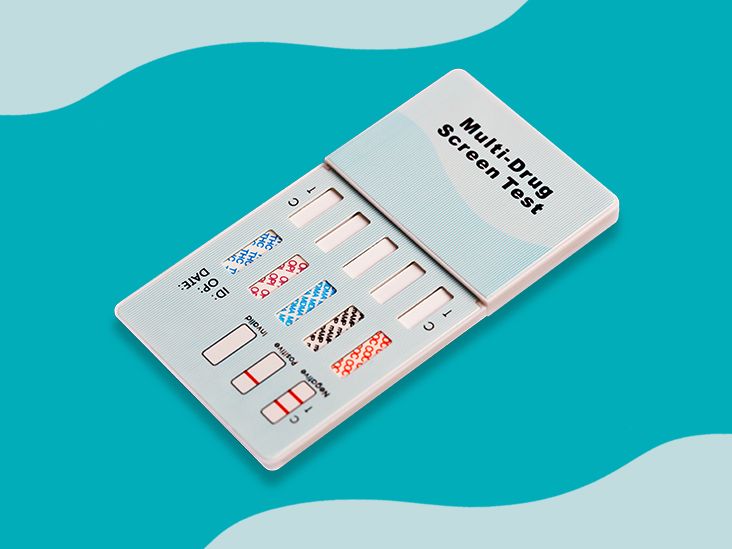Do Carts Show Up On Drug Tests

The increasing popularity of cannabis vaping, often referred to as using "carts," has raised concerns about its detection in standard drug tests. Individuals, particularly those in professions requiring drug screening, are seeking clarity on whether these devices can lead to a positive result.
This article will delve into the science behind drug testing, the composition of vape cartridges, and the likelihood of detection, based on available scientific data and expert opinions.
Understanding Drug Testing Basics
Drug tests primarily screen for the presence of THC (tetrahydrocannabinol), the psychoactive compound in cannabis. These tests don't directly detect the act of vaping or the use of cartridges.
Instead, they detect THC metabolites, primarily THC-COOH, which the body produces after consuming cannabis. The detection window varies depending on factors like frequency of use, metabolism, and the sensitivity of the test.
Urine tests are the most common method, followed by blood, hair follicle, and saliva tests. Each method has a different detection window.
Vape Cartridges: What's Inside?
Vape cartridges typically contain cannabis oil, which is a concentrated form of THC. Some also contain terpenes for flavor and other cannabinoids like CBD (cannabidiol).
The potency of these cartridges can vary significantly. Some may contain very high concentrations of THC, increasing the risk of detection.
The method of consumption also matters. Vaping can deliver THC into the bloodstream more rapidly than smoking, potentially leading to quicker metabolism and creation of detectable metabolites.
Do Carts Show Up On Drug Tests?
The short answer is yes, THC from vape cartridges can show up on drug tests. If the user consumes enough THC to produce detectable levels of metabolites, a positive result is likely.
The key factor is the amount of THC consumed and how frequently it is used. A single, infrequent use may not trigger a positive test, particularly with a less sensitive test.
However, frequent or heavy use of high-potency cartridges greatly increases the likelihood of detection.
According to the National Institute on Drug Abuse (NIDA), the detection window for THC metabolites in urine tests can range from 3 days for occasional users to over 30 days for chronic, heavy users. This is an important consideration for individuals subject to regular drug screenings.
Factors Influencing Detection
Several factors influence whether a user will test positive after vaping cannabis.
Frequency of Use: Regular, heavy users are more likely to test positive due to the accumulation of THC metabolites in their system.
Metabolism: Individuals with faster metabolisms may clear THC metabolites more quickly than those with slower metabolisms.
Potency of Cartridge: Cartridges with high THC concentrations will result in higher levels of metabolites, increasing the chances of detection.
Type of Drug Test: Different types of tests have varying sensitivity levels and detection windows. Hair follicle tests, for instance, have the longest detection window (up to 90 days), while saliva tests have the shortest (typically 1-3 days).
Hydration and Exercise: While often discussed, their impact is generally considered minimal, especially for chronic users. Dehydration might *slightly* increase the concentration of metabolites in urine, but it's not a reliable method to alter test results.
The Impact on Individuals and Society
The detection of cannabis use through drug testing has significant implications for individuals in certain professions. Jobs in transportation, law enforcement, and healthcare often require mandatory drug testing.
A positive test result can lead to job loss, suspension, or other disciplinary actions. This reality creates anxiety for individuals who use cannabis, even if it is legal in their state of residence.
Moreover, the increasing acceptance and legalization of cannabis has led to ongoing debates about the appropriateness and relevance of drug testing policies, especially for jobs where impairment is not a significant safety concern.
The legal landscape surrounding cannabis use is rapidly changing. This creates a complex situation for employers and employees alike.
Many organizations are reevaluating their drug testing policies to align with evolving societal norms and legal frameworks. However, the presence of THC in the workplace, regardless of consumption method, remains a concern for safety-sensitive positions.
Conclusion
In conclusion, the use of vape cartridges can indeed lead to a positive drug test for cannabis. The likelihood of detection depends on several factors, including frequency of use, cartridge potency, and the type of drug test administered.
Individuals who are subject to drug testing should be aware of the risks associated with cannabis use, regardless of the method of consumption. Understanding the science behind drug testing and the potential consequences is crucial for making informed decisions.
As cannabis laws and societal attitudes continue to evolve, it's important for organizations to review and update their drug testing policies to ensure fairness and relevance in the modern era.


